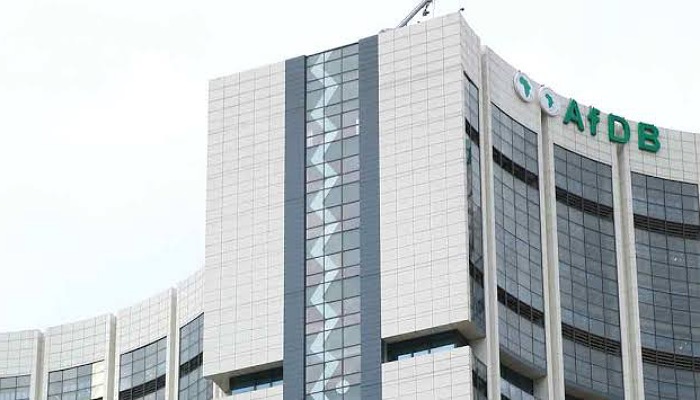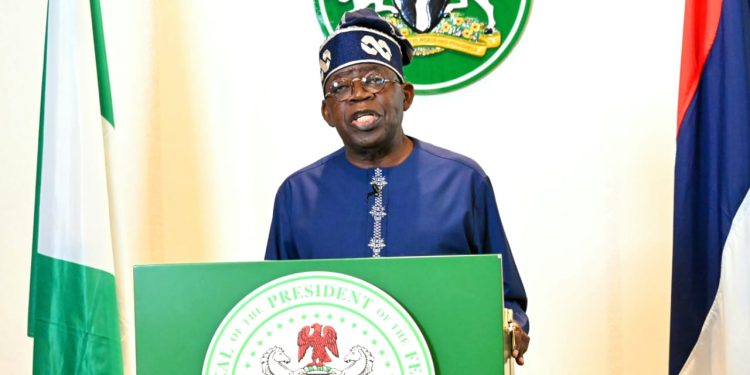In a significant boost to Nigeria’s energy sector, President Bola Tinubu has announced that the Nigeria-Grid Battery Energy Storage System will receive a $500 million facility from the African Development Bank (AfDB).
This announcement was made during President Tinubu’s participation in the Mission 300 Africa Energy Summit in Tanzania on January 28th, 2025, emphasising Nigeria’s commitment to enhancing its electricity infrastructure.
Read also: Senegal secures $8.7 million AfDB fund to replace outdated bulbs with energy-efficient LED lighting
Nigeria’s leap towards universal electricity access
The facility is part of a broader strategy to achieve universal electricity access in Nigeria by 2030. According to President Tinubu, this investment will significantly contribute to providing electricity to an additional two million Nigerians. This move aligns with the country’s ambitious goals set in the Dar es Salaam Declaration, focusing on electrifying 300 million Africans by the end of this decade.
President Tinubu detailed the progress made with support from international development partners, highlighting that the AfDB has already committed $1.1 billion, expected to electrify five million people by 2026. Additionally, the bank’s $200 million investment in the Nigeria Electrification Project aims to benefit 500,000 people by the end of 2025. The new $500 million for the Grid Battery Energy Storage System adds to these efforts, showcasing a comprehensive approach to tackling energy poverty in Nigeria.
Tinubu at the mission 300 Africa energy summit in Tanzania
The summit, hosted by Tanzania in collaboration with the African Union, AfDB, and the World Bank Group, has been pivotal in rallying African leaders around the issue of energy access. The Dar es Salaam Declaration was a highlight of the event, with leaders from twelve countries, including Nigeria, signing commitments for national energy compacts. These compacts aim to address sector-specific constraints and set realistic targets for energy access.
Renewable Energy Initiatives in Nigeria
President Tinubu also underscored Nigeria’s ongoing investments in renewable energy, particularly solar power, as part of its strategy to ensure sustainable development. He mentioned the federal government’s initiative to develop an electric vehicle (EV) charging infrastructure program emphasising renewable energy and introducing stricter vehicle emission standards. This initiative is expected to ease adoption barriers, foster partnerships, and provide affordable financing options for electric vehicles, with the first 100 electric buses already in the country.
Read also: Sierra Leone adopts results-based financing to expand solar minigrid electrification
Tinubu’s call for collective action on electricity in Africa
Tinubu called for collective action among African leaders to prioritise energy access, emphasising that Africa’s rich energy resources should be harnessed to benefit its citizens. He thanked the heads of the World Bank Group and AfDB for their vision, which he described as transformative in lighting up and powering Africa. This call to action was about addressing immediate energy needs and fostering economic growth and prosperity across the continent.
The $500 million facility from the AfDB for the Nigeria-Grid Battery Energy Storage System marks a significant step forward in Nigeria’s journey towards energy sustainability and universal access. With this investment, alongside other planned initiatives, Nigeria is poised to make substantial strides in electrification, which could serve as a model for other African nations striving to overcome energy poverty. As Africa moves towards collective energy solutions, the impact of such investments will be closely watched to inform future policy and investment decisions in Tanzania, Nigeria, and beyond.
This development signifies progress in Nigeria’s energy sector and reinforces the commitment of international bodies like the AfDB to support Africa’s developmental agenda, particularly in critical areas like energy, where access can transform lives, economies, and environments.

